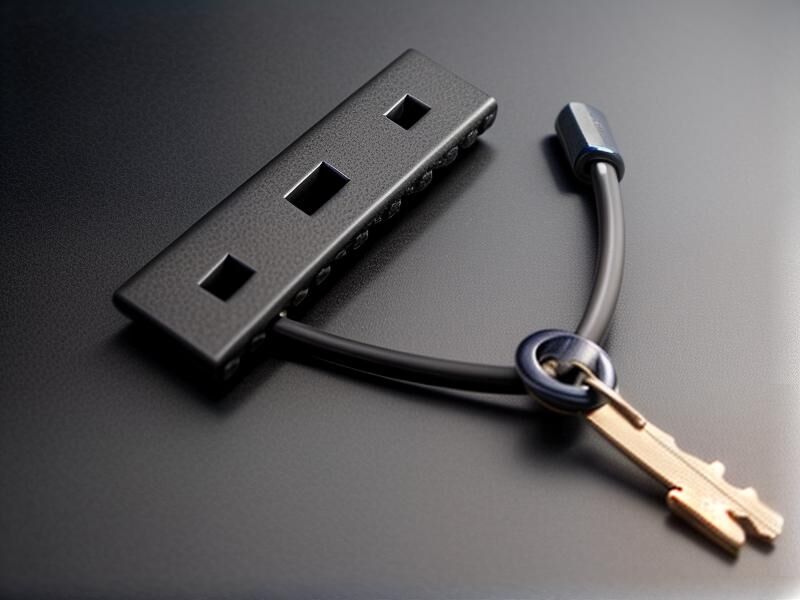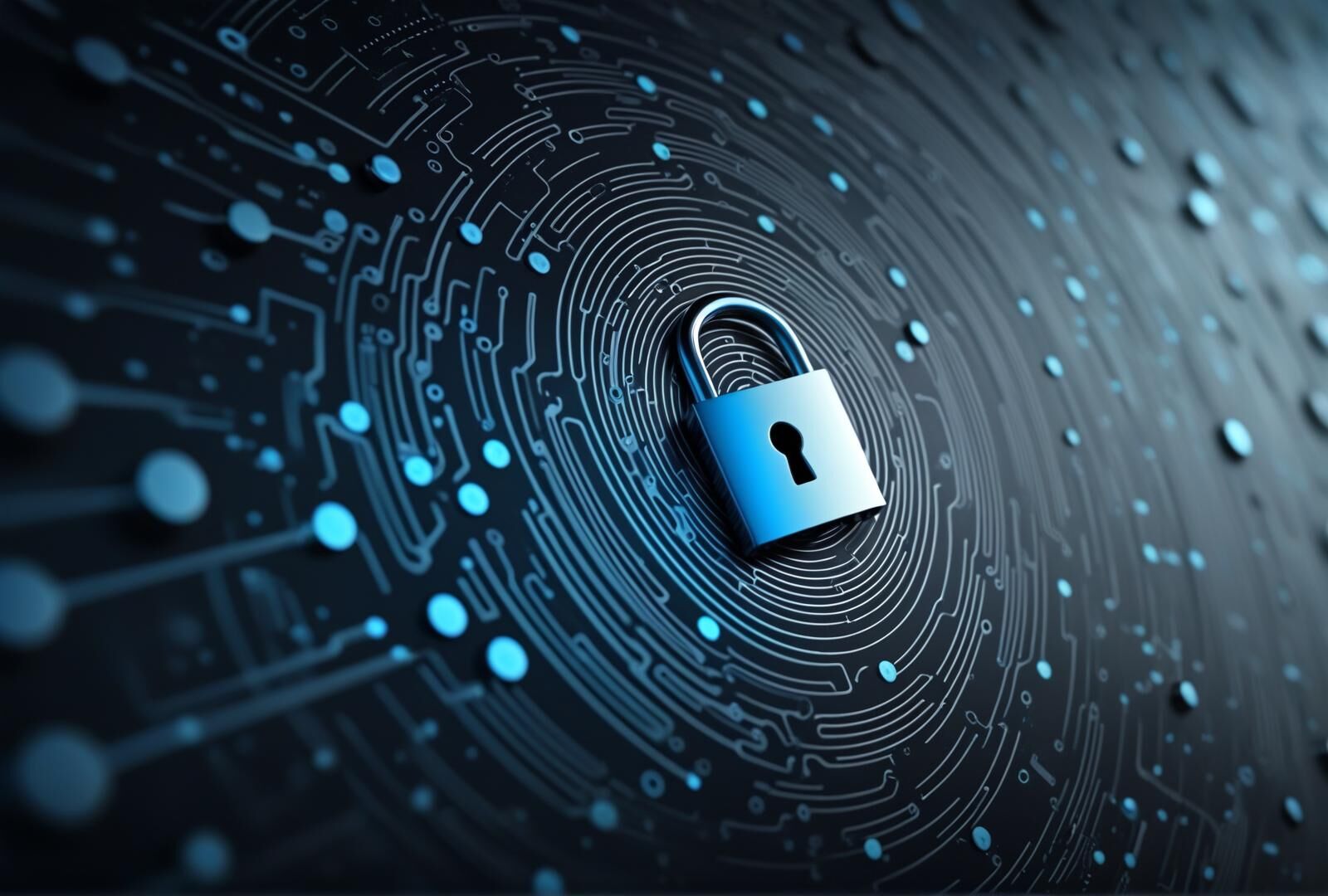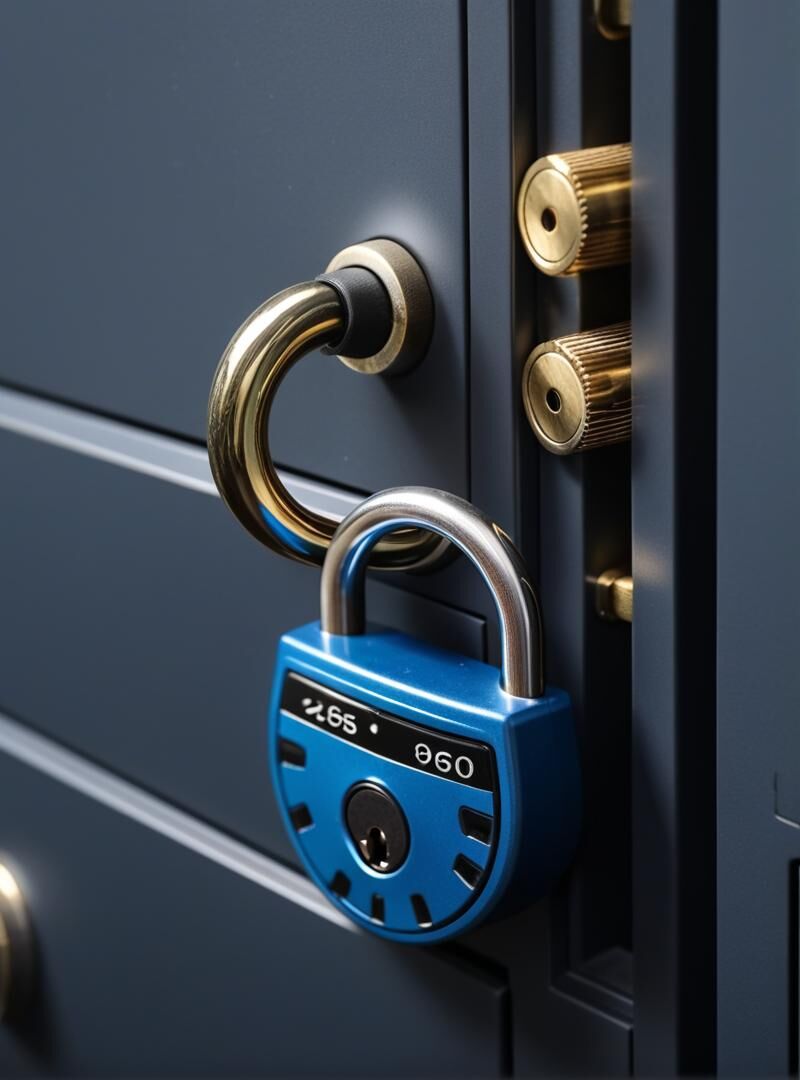Understanding Certificates
There are several types of Digital Certificates and two major categories. The two major categories of Digital Certificates are: Public Digital Certificates and Private Digital Certificates. Examples of some of the types of Digital Certificates are S/MIME, Code Signing, Authentication, and TLS (Encryption). There are other types, but these are the major ones we will discuss.
Protect Your Enterprise with Digital Certificates
Discover how digital certificates can transform your organization’s security infrastructure, ensuring safe, reliable communications and authentication. Machine Identification (e.g., knowing the machine or device you connect to is who it asserts it is) is mandatory for a secure environment. All this and more is enabled by Digital Certificate technology.

Secure Email Communications
Digital certificates encrypt emails, ensuring that messages are only accessible to intended recipients, thus maintaining confidentiality and integrity.

Website Authentication
They authenticate websites, providing assurance to users that they are interacting with legitimate sites, which helps prevent phishing attacks.

Data Encryption
Digital certificates encrypt data in transit, safeguarding it from interception and unauthorized access during transmission.

Code Signing Certificates
Code signing certificates are often over looked in the Digital Certificate ecosphere. They are an important part of insuring that code that is being executed is what the author intended and not malware or bot. We believe Code Signing Certificate usage will increase as concerns over security and integrity of code will get greater attention.

Device Certificates
Device Certificates play a vital role in establishing a secure connection between users and their target web sites (e.g., their bank). Users believe they are communicating with a legitimate site, and digital certificates offer essential trust to verify the identity of the entity on the other end.

IoT Certificates
Internet of Things (IoT) devices are becoming more prevalent and a part of our individual lives. They are an important subset of Device Certificates, but we believe their usage will grow dramatically as IoT devices proliferate. Management of these critical certificates that provide encryption and authentication will be mandatory.
Public vs. Private Digital Certificates
-
-
- Public Digital Certificates are essential for public/internet facing websites, applications, and services that need trust with external users.
- Public Digital Certificates are globally recognized and compliant with industry standards, but come with higher costs and strict validation processes.
- Private Digital Certificates are ideal for internal authentication, encryption, code signing, and other unique applications.
- Private Digital Certificates offer flexibility and cost savings.
- Private Digital Certificates lack external trust and require careful internal management with strong governance policies.
- You should come away from a review of these details that there are strong use cases for both public and private digital certificates. Usage of each technology has pros and cons, and their typically is a “right” choice for a given use case.Let Easy-PKI help with your decision process on which type of Digital Certificate to use. We have been working with Digital Certificates for over 25 years.
-
Comparison Between Public and Private Certificates
This table compares the major differences between Public and Private Digital Certificates
In general, use each type of Digital Certificates as follows:
Public Certificates
- Public websites and API’s
- Email Encryption
- Software distribution (code signing)
Private Certificates
- Internal Servers and Services
- VPN’s
- Intranet
- Secure device communication in private networks
These are generalizations and there are always edge cases.
Understanding the Certificate Lifecycle
Step 1
The lifecycle of a digital certificate begins with its issuance, where a Certificate Authority (CA) verifies the identity of the requester and issues the certificate. This can be a Public CA or a Private CA.
Step 2
Renewal is crucial to maintain security. As certificates approach expiration, they must be renewed to ensure continuous protection and protect the Enterprise from unexpected downtime due to an expired digital certificate. Please pay careful attention to the following section regarding Certificate LifeCycle Management.
Step 3
Revocation is necessary when a certificate is compromised or no longer needed. The CA updates the certificate status to prevent misuse.
Digital Certificate LifeCycle Management
Digital Certificate LifeCycle Management (DCLM) is one of the most critical components of your Certificate infrastructure. DCLM’s provide automated issuance, inventory, and perform the very important task of either reminding users to renew a certificate before it expires (which would cause an outage if it expries) or DCLM’s can automate the replacement of the Digital Certificate.
For Public Certificates, issued by a public Certificate Authority (CA) such as DigiCert, GoDaddy, Sectigo, etc., the current maximum lifespan for a certificate is 397 days. The public CA governance body, the Certificate Authority Browser Forum (CA/B Forum) provides the rules that public CA’s must follow with regard to Digital Certificates, including their lifespan.
The CA/B Forum, backed by the major CA’s, are moving towards a much shorter lifespan for public Digital Certificates. The CA/B Forum is indicating that an incremental shortening of the lifespan for a public Digital Certificate will occur, starting in late 2025, from 397 days to 47 days by 2029. Without DCLM to automate the notification and/or replacement of Digital Certificates, an Enterprise will not be able to keep up with renewal of critical public Digital Certificates. This makes the implementation and use of a DCLM a mandatory part of your infrastructure. Easy-PKI has experience with the major DCLM providers and can help you with this effort. Allow us to assist you through this task.
Two important notes. This shortened lifespan only applies to the “terminating” or “leaf” certificate, and not to any Intermediate or Root Certificates. Second, “Private” Digital Certificates are not under the control of the CA/B Forum. These certificates, their lifespan, and all other certificate properties are controlled by the issuing CA, typically an Enterprise. This provides greater flexibility, but requires more oversight.
Things To Ask Yourself
- Are you making use of Private Digital Certificates where they can save you time and money?
- Do you have a clear understanding how the CA/B Forum influences your Public Certificate configuration and investment?
- Do you utilize Digital Certificate LifeCycle Management in preparation of the approved CA/B Forum ballots on the upcoming certificate lifespan changes for public Digital Certificates?
-
-
- Do you know how to get engaged and involved with the CA/B Forum to stay up to date on their plans?
-
-
Secure Your Organization with Expert Guidance
Unlock the full potential of digital certificates for your business. Our team at Easy-PKI is ready to guide you through the complexities of Digital Certificates, ensuring robust security and operational efficiency. Contact us today for a personalized consultation and discover how digital certificates can enhance your organization’s security and drive new revenue opportunities.



